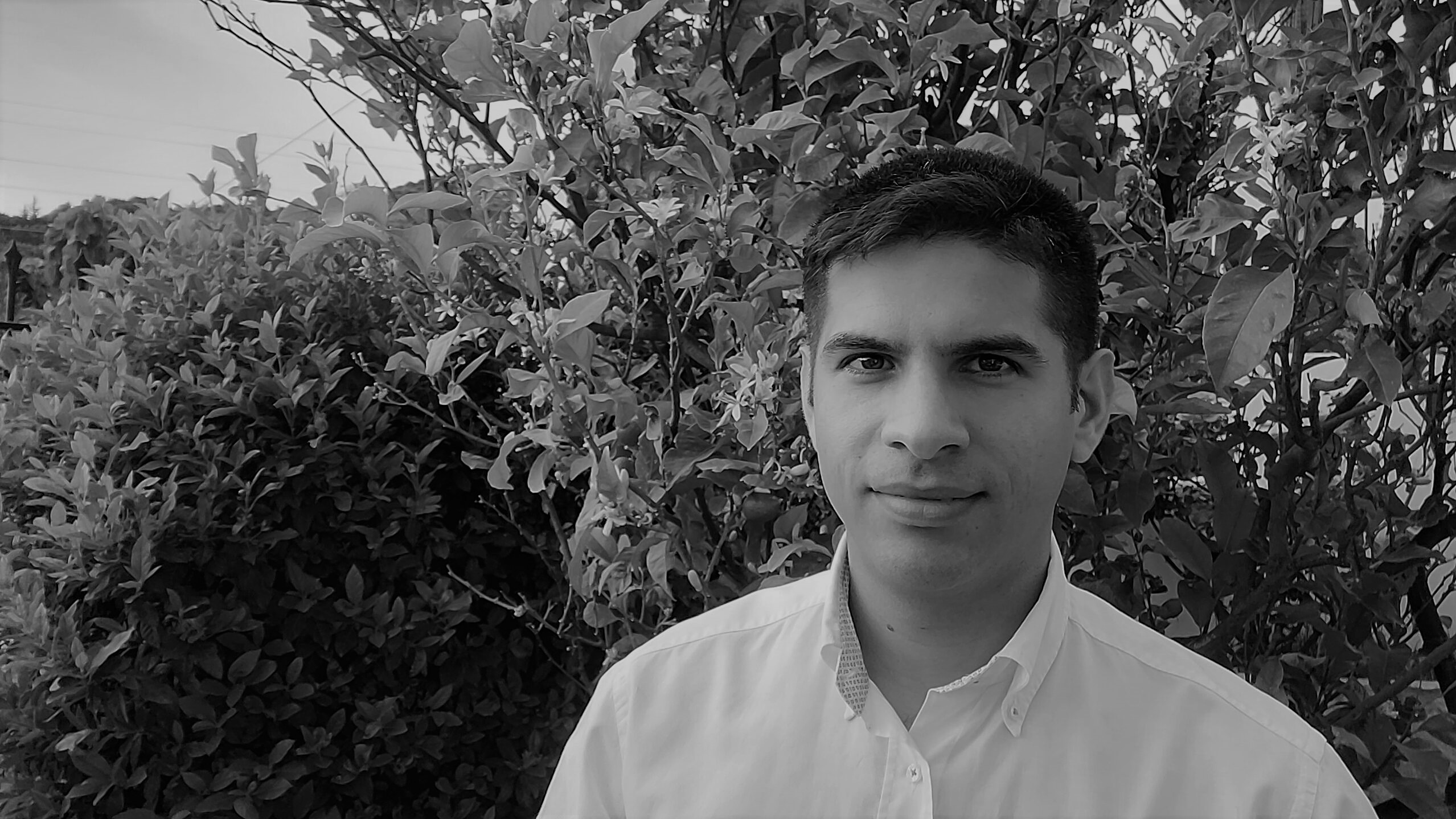
Stories Talk | Presentation Skills and Effective Storytelling
Stories Talk | Presentation Skills and Effective Storytelling
#science #mathematics #analysis #physics
By Mia Kollia
Translated by Alexandros Theodoropoulos
Since 1993 and every two years, the Bodossaki Foundation has been awarding Greek scientists up to 40 years of age who excel in Greece or abroad. In 2021, assistant professor in Mathematics at the University of Toronto, Stefanos Aretakis, stood out in the field of Mathematics. He was distinguished for his work in the field of Pure Mathematics and his influence in the field of Theory of Relativity. In fact, in a series of pioneering works, he proved mathematically the existence of a new instability of the so-called "extreme" black holes, which was called "The Aretakis instability", and is now considered a subject of studies in Physics.
Where did you grow up and when did your inclination towards mathematics, physics and research in general become evident?
I grew up in Athens and Patras. My father is a high school maths teacher and from a very young age we read maths together. He always had a lot of patience with me and that helped me a lot to be able to understand maths deeply. Apart from that, the Mathematical Society's competitions were a big motivator too.
Did you feel that you had a gift or talent from the beginning? And if so, how much effort is needed for further development?
No, I didn’t feel that I had any gift or talent. I just realised that maths was something I really enjoyed. I was having fun solving exercises - especially geometry exercises! Regardless of whether I have talent in mathematics, I remember my initial steps, for example I remember reading Euclidean Geometry for many hours every day. Without this kind of effort, I certainly couldn’t have succeeded.
What were the biggest difficulties you faced in this brilliant journey, how did you overcome them and what did they teach you?
I faced several failures, which delayed some of my goals. At first, I was definitely upset, but after some thought I realised that the best I can do is continue to work on what is given to me and hope that next time I will succeed.
How did you manage fame, recognition and acceptance?
Recognition of a scientific work by colleagues or a larger portion of people certainly offers a sense of joy. The way I tried to handle it, was by trying to pass on to younger children some of my experiences, hoping that these will help them to conquer their own future.

How close is mathematical thinking to philosophical thinking?
It’s as close as far at the same time!
How is it to live abroad, what do you gain and what experiences do you stand out? What are you missing from Greece?
I miss Greece, but I visit the country pretty often. The working conditions abroad and specifically in Canada where I work are really great and this is one of the biggest benefits of being in such a place.
Are there any beacons of inspiration in your life, like people, places, circumstances, etc?
Yes, of course. I would choose my father and my teacher Mihalis Dafermos. As for my favourite place, that would be Zakynthos.
What do you gain and what do you lose from:
●Devotion to a specific subject
Usually devotion to a subject leads to a less general knowledge of things. However, in today's society, such an approach may be the only way.
●Over-effort
Excessive effort leads to great results, but one of the most important disadvantages here is that it requires sacrifices that have to do with personal life.
● Competition
Competition means pressure, stress, but at the same time it means motivation for more work.
● Key decisions
Key decisions in our lives can be based on the thoughts we make at a particular moment. Many times, however, things change and only in the long run can we find out if the decisions we made were right or not.
What do the following concepts mean to you:
●Self-knowledge
It’s very important to know what we can and cannot do.
● Self-improvement
Life itself is a process of self-improvement. Everything we do is a process of self-improvement. When in mathematics we try to apply an idea and see that it doesn’t work, we improve it and try again and again…
● Self-confidence
Self-confidence is very important for our psychology.
●Emotional intelligence
Being able to control our emotions is very important in our life but also very difficult at the same time. I don’t know if there is a magic recipe for that. Maybe one way to achieve this is to be focused on one goal, but again it’s very difficult to have complete control over our emotions.
●Modesty
Modesty is a very significant quality, but the degree to which each of us chooses to be modest also depends on our personality.
What about sacrifices, profits, personal life and dedication to research?
Profits are obtained only through sacrifices. It is very difficult to reach a balance between personal life and dedication to work. It’s not impossible, but it’s difficult.
#HisStory